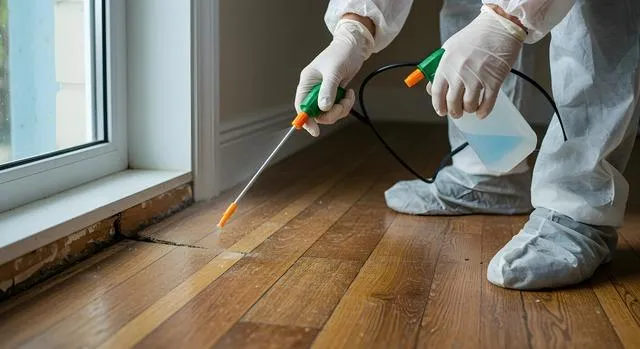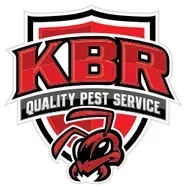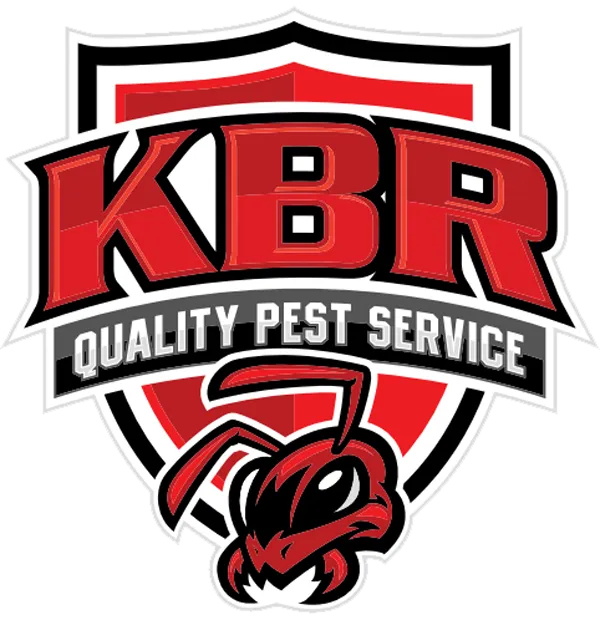Blog

The Ultimate Guide to Termite Control in Cape Coral, FL
Are termites common in Cape Coral? Unfortunately, yes — and here’s what you need to know.
Southwest Florida is a hotspot for termite activity, especially in humid areas like Cape Coral. Whether you're seeing signs of damage or just want to protect your home, this guide covers everything you need to know about termite control — from early detection to long-term protection.
If you're a homeowner in Cape Coral, FL, this blog was built to help you make confident decisions and avoid thousands in costly damage.
Why Termite Control Matters in Cape Coral
Cape Coral’s warm, coastal climate makes it the perfect breeding ground for multiple termite species — especially subterranean and drywood termites.
Without proper prevention or early intervention, termites can:
Destroy wooden structures from the inside out
Compromise your home’s foundation
Lower property value
Require expensive fumigation or structural repair
Florida homeowners spend millions every year on termite-related damage — most of which is not covered by insurance.
Signs of a Termite Problem in Florida Homes
Here are some of the most common warning signs that termites may already be active in or around your property:
Mud tubes along walls or the foundation
Discarded wings near windowsills or doorways
Hollow-sounding wood when tapped
Small holes or bubbling paint
Frass (termite droppings) that resemble sawdust or pepper
Swarmers (winged termites) flying around lights or vents
If you’ve noticed any of the above, don’t wait — early detection can save you thousands.
Termite Species Found in Southwest Florida
Understanding the type of termite is key to choosing the right treatment plan:
1. Subterranean Termites
Build mud tubes to travel
Often live underground
Fastest at causing severe damage
Common across Cape Coral
2. Drywood Termites
Live inside the wood they infest
Often harder to detect early
May not require soil contact
Known to infest attics and wooden furniture
Termite Inspection Process (What to Expect)
A professional termite inspection in Cape Coral typically includes:
Thorough check of exterior and interior wood structures
Attic and crawlspace review
Foundation and slab analysis
Identification of moisture-prone areas
Written report with photos and recommendations
Local inspectors often recommend annual termite checks due to the high risk in the area.
Termite Treatment Options in Florida
Non-Tenting Options (What This Client Offers)
Localized spot treatment: Targets specific areas of infestation
Baiting systems: Attract and eliminate colonies gradually
Soil treatment (liquid barriers): Applied around the foundation to repel or kill termites
Wood treatment: Applied directly to exposed wood surfaces to prevent future infestations
Note: This company does not offer tenting or fumigation. All solutions are non-invasive and family-safe.
Termite Prevention Tips for Cape Coral Homeowners
You can reduce the chances of infestation by:
Fixing leaky pipes or gutters (termites love moisture)
Sealing cracks around the foundation or roofline
Keeping mulch and firewood away from the home
Scheduling regular inspections
Removing dead wood or tree stumps near the property
FAQs About Termite Control in Cape Coral
How much does a termite inspection cost?
On average, termite inspections in Cape Coral range from $75–$150, depending on property size and condition.
Is termite damage covered by insurance?
Typically, no. That’s why prevention and early detection are so important.
When is termite season in Florida?
Swarming season usually peaks from March through July but can vary based on weather.
How often should I get my home inspected?
At least once a year, or anytime you suspect activity.
What’s the difference between drywood and subterranean termites?
Subterranean termites live underground and are more aggressive, while drywood termites live inside the wood they infest and are harder to detect.
Get Trusted, Local Termite Protection in Cape Coral, FL
If you live in Cape Coral or surrounding areas, don’t wait until the damage is done. Our termite control experts provide fast, safe, and effective solutions — without the need for tenting.
We inspect, identify, and treat termite problems using industry-leading tools and proven local experience.
Call now or request a quote online to schedule your Cape Coral termite inspection.
Pest Services
Helpful Links
Contact Information
Mon - Sat: 8:00 am - 6:00 pm
Sun: Closed
Address
1730 Northwest 9th Terrace Cape Coral, FL 33993
© 2025 All Rights Reserved | KBR Quality Pest Services

